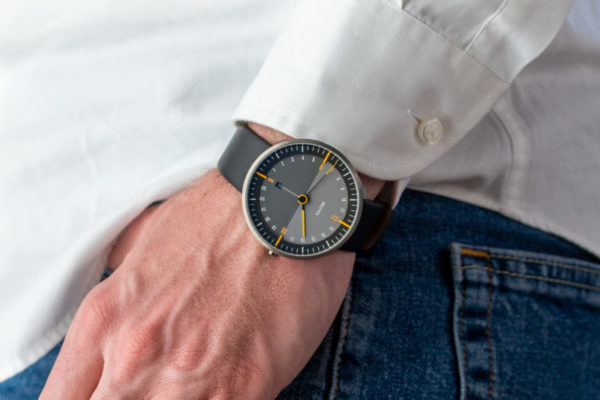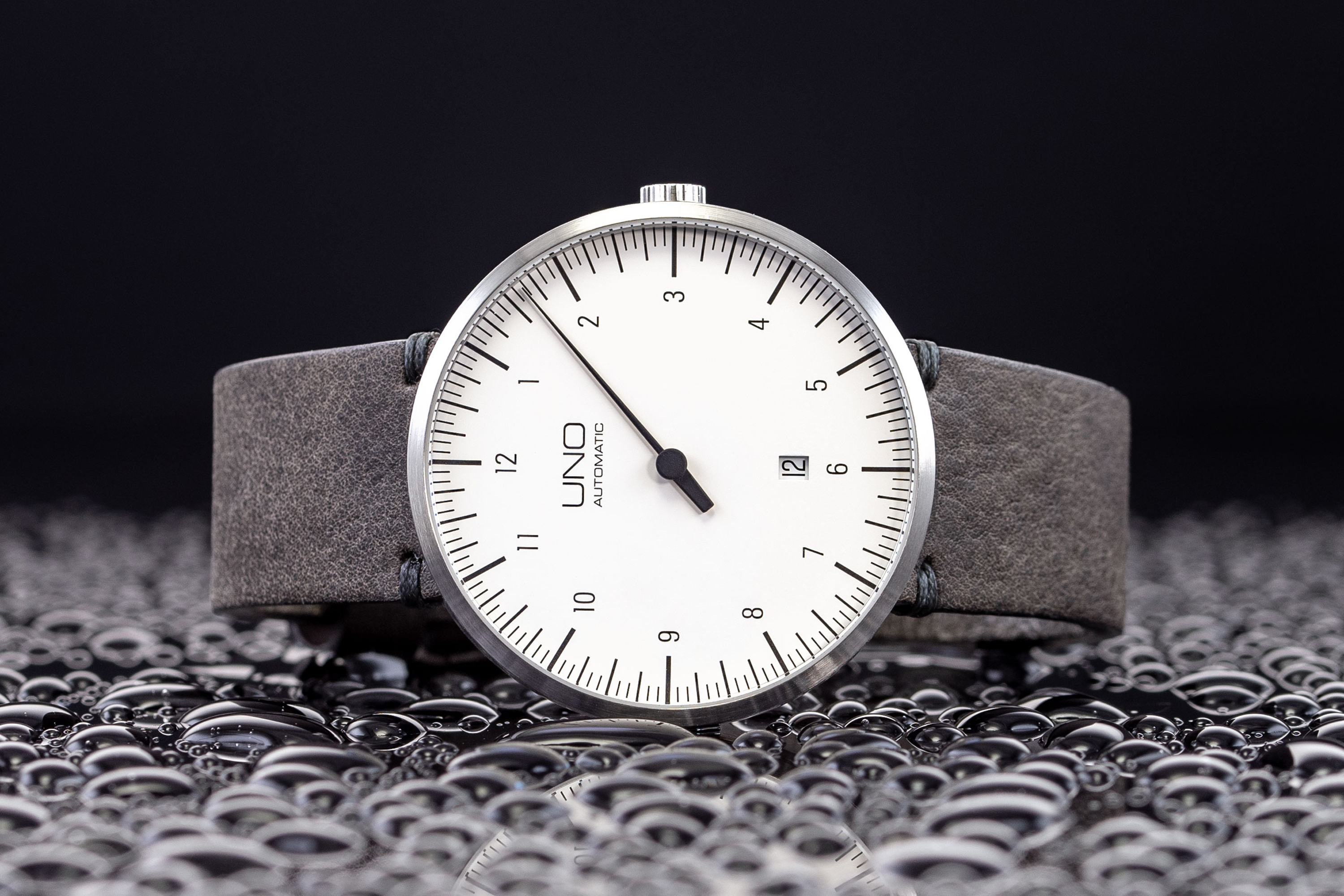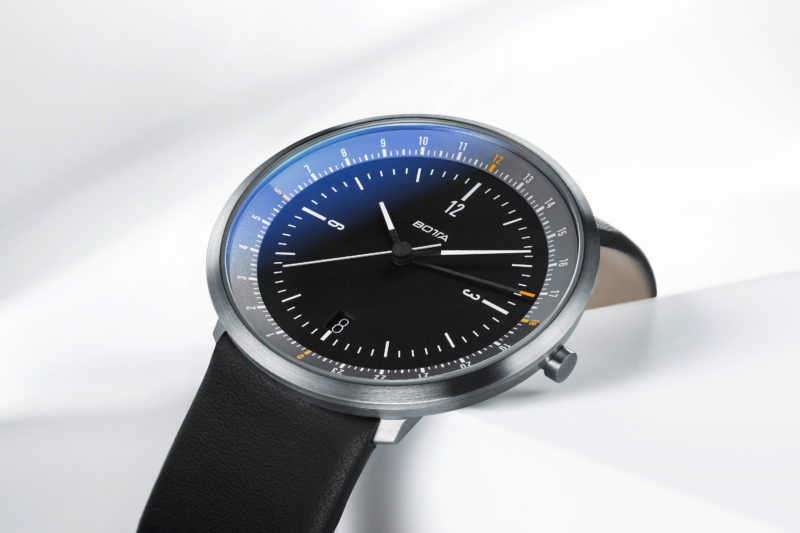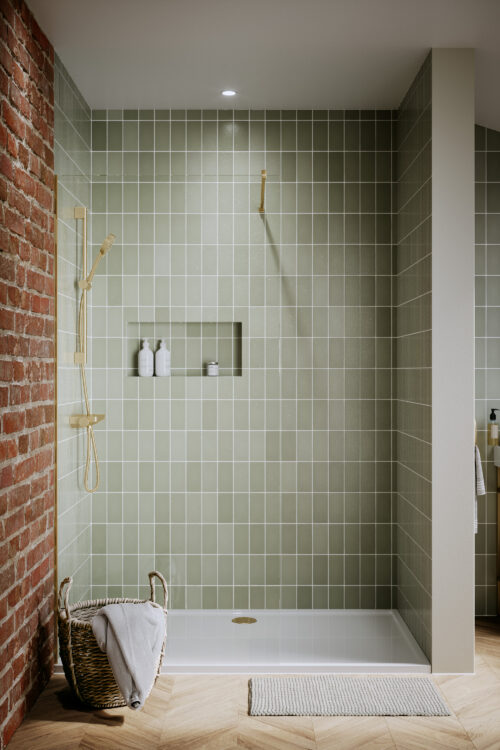We all have different aspects of time. Some say that time never has gone so fast as today. Time flies and every second counts. The time is now and now it is time to be sustainable.
History of time
The first watches appeared around 5000 years ago and were sundial devices that were constructed to create a shadow on a plate where the hour was marked. Since then the industry of time has developed to become one of the most precious social constructions we can see today. What time shall I wake up? When will the bus leave? Will I be in time for my first meeting? What time are you coming home dad? Without time we are lost.
The global watch industry is huge. 2019 Switzerland alone produced over 20 million watches and now with big competitors of smart watches the market is more than doubled. To stand out in design and function on this market takes something extra.
Wristwatch company Botta Design
For over 30 years BOTTA has stood for innovation in product and design. As a result, the BOTTA brand has achieved a special position in the watch market with its watches ”Made in Germany”. The Königstein location just outside Frankfurt houses the design and development of the watches. In the idyllic surroundings in the immediate vicinity of the Main metropolis, the watches are created with natural display logic in technical perfection.
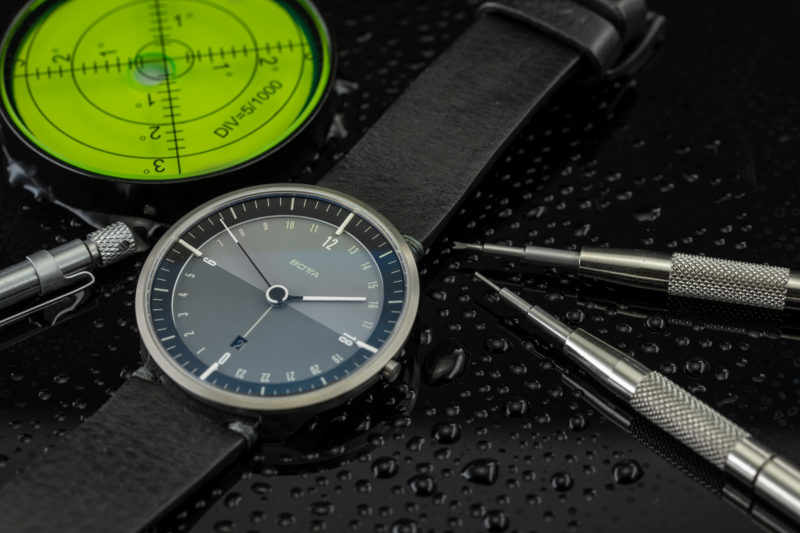
Unique time displays are the speciality of BOTTA watches. The different time concepts are also reflected in the design of the watches. The team of product designers and engineers places great importance on all details – from design to material. Only high-quality materials are used for BOTTA watches.
The watches are completely assembled in Germany, the movements are 100% ”Swiss Made”. This makes every BOTTA watch a promise of the highest quality.
Botta is a German watch manufacturer who created the legendary UNO one-hand watch in 1986. Their product range is divided into four different watch concepts that follow the quadrology developed by Klaus Botta: 12-hour one-hand watches, 12-hour multi-hand watches, 24-hour one-hand watches and 24-hour multi-hand watches.
All models are characterized by their unusual nature, which is always based on a logical concept. For their watches they use innovative materials such as anti-allergenic Tri-Titanium (proprietary development) and Swiss-made Ronda quartz and ETA automatic movements. All manufacture exclusively ”Handmade in Germany”.
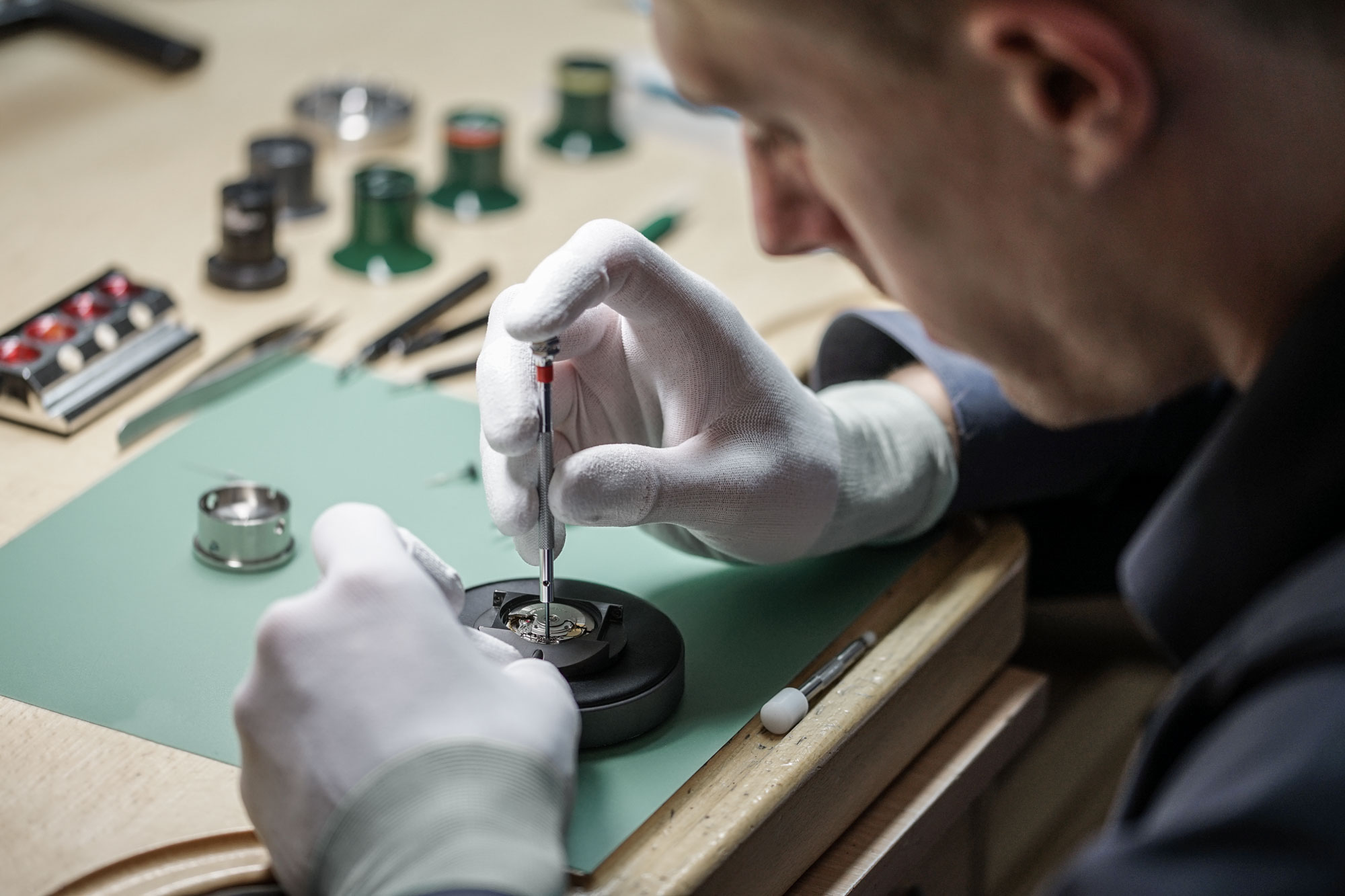
EcoMogul Magazine had the opportunity to talk to the founder of BOTTA Design, Klaus Botta:
Due to the pandemic, the whole world is seeing a big change. Can you describe how Covid-19 affected Botta?
Luckily, no one in the company has been personally affected so far, so we have been able to maintain our work 100% so far. Over the past six months, we have invested a tremendous amount of energy in improving our online system in order to offer our customers an even better range of products and even more comprehensive service. These measures are now bearing fruit. We can now present a whole range of extraordinary new products. Our online store has also become much clearer and richer in images. We expect to be able to offer our potential customers significant added value, regardless of any further initial restrictions.
Where did the idea for Botta come from? Where do you find your inspiration?
Watches are fascinating products. They say an incredible amount about their wearer. You could almost call them a mirror of personality. This has fascinated me ever since I was given my first wristwatch as a gift at the age of 10. Due to my technical and creative education, I was already able to design and develop my own wristwatches in the 1980s. Since then, I have developed a unique style together with my employees, which clearly stands out from the mainstream watch industry. BOTTA watches stand for a conscious approach to time. They are certainly not watches for everyone, however they are all the more highly personal accessories for people who want to express their individuality and their conscious approach to time.
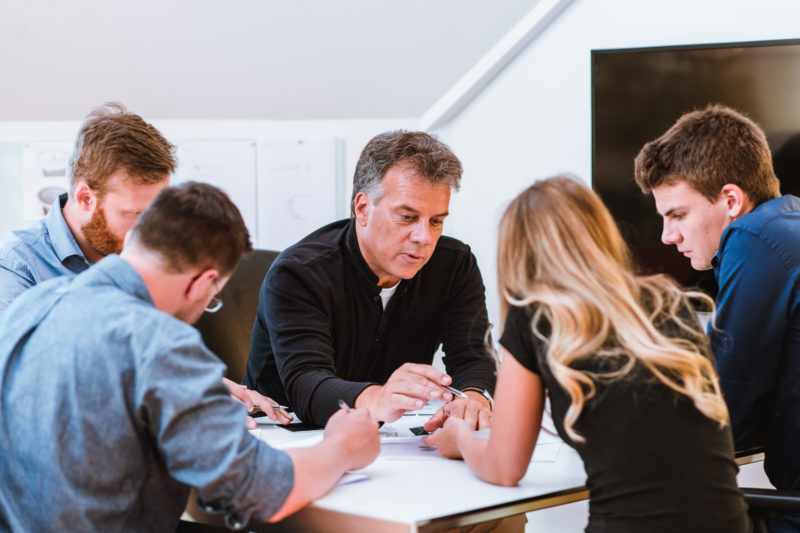
I find my inspiration by walking through the world with open eyes. On the one hand I find inspiration in nature and the natural sciences. After all, time is something fundamentally scientific. On the other hand, I observe people and their social and cultural behavior. After all, wristwatches are made for people and meant to meet their needs. And these often go far beyond the basic function of the time display.
When did you start to focus on a holistic approach?
I believe that holistic thinking has been part of my life since childhood. There are many more areas that interest me than those that do not. Among them are topics that seem to have little to do with each other, or at least those that are not directly related to product design or product development. But all of them together then result – almost naturally – in a holistic view on people, creatures and things that surround us. I am convinced that holistic thinking is actually natural thinking. Specialized thinking is necessary and essential. In other words: In addition to highly specialized detailists, we also need holistically thinking generalists.
What does sustainability mean to you? Can you describe your passion about sustainability?
For me, sustainability is much more than a sales-promoting buzzword or the use of officially environment-friendly materials and processes. I believe true environmental protection and lived sustainability are expressed above all in a corresponding awareness and behavior.
Low-quality, short-life products pollute the environment through the consumption of raw materials, manufacturing costs and disposal costs alone. They also weaken self-esteem, while high-quality products strengthen it. Therefore, it is not only the environment that benefits, but also oneself if one refrains from consuming cheap mass-produced goods and instead invests in a few, but carefully selected, durable and high-quality products. Less and high-quality instead of cheap and much. In my opinion, this is a really reasonable contribution to sustainability. If environment-friendly materials and processes are used as well, one is on the right track. This is exactly how we design and develop our products and thus make our contribution to responsible and forward-looking product development.
Could you describe Botta in three words
Simple, logical, unique.
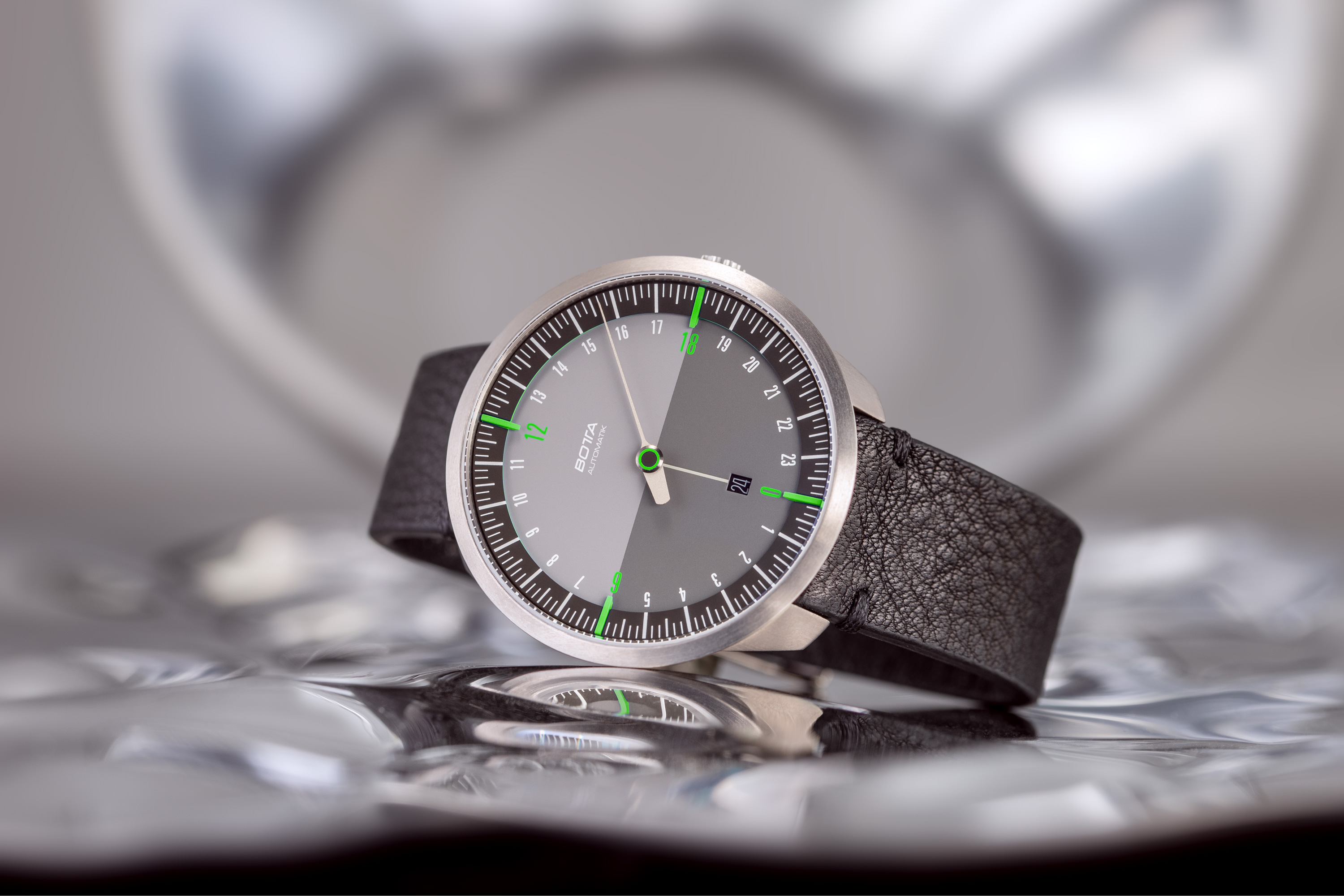
How do you think the watch industry can become more circular?
Here too, I recommend products with long life cycles. In this context, I see the current trend towards more electronics and IT as critical in several respects. Firstly, multifunctional minicomputers consume a considerable amount of electricity. Not only through daily charging, but also through the energy required to provide, send and store data. Secondly, the planned obsolescence of hardware is being addressed by the regular release of more powerful new products. And last but not least, by the costly production and difficult disposal of the complex electronic waste that is generated.
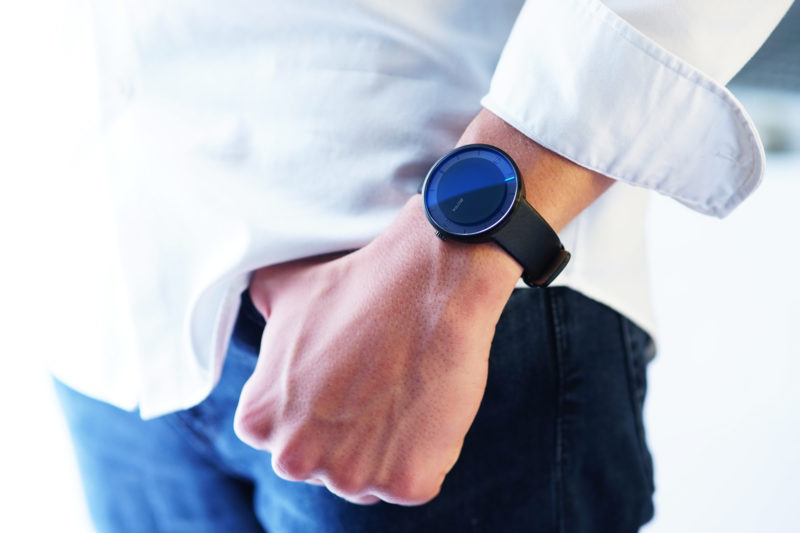
Mechanical wristwatches are the more sustainable solution in all respects. Instead of electric power, they are charged incidentally by some movement by winding them up or, in the case of the self-winding mechanism, by the natural movement of the wrist. They do not become outdated, but often increase in value over the years. Neither the production nor the disposal (after a long life) is a particular burden on the environment.
While electronic watches also place a not insignificant stress on humans through constant signals, maintenance, updates, charging, etc., low-complex mechanical watches certainly have a calming and relaxing effect on the wearer.
See more at: BOTTA Design

